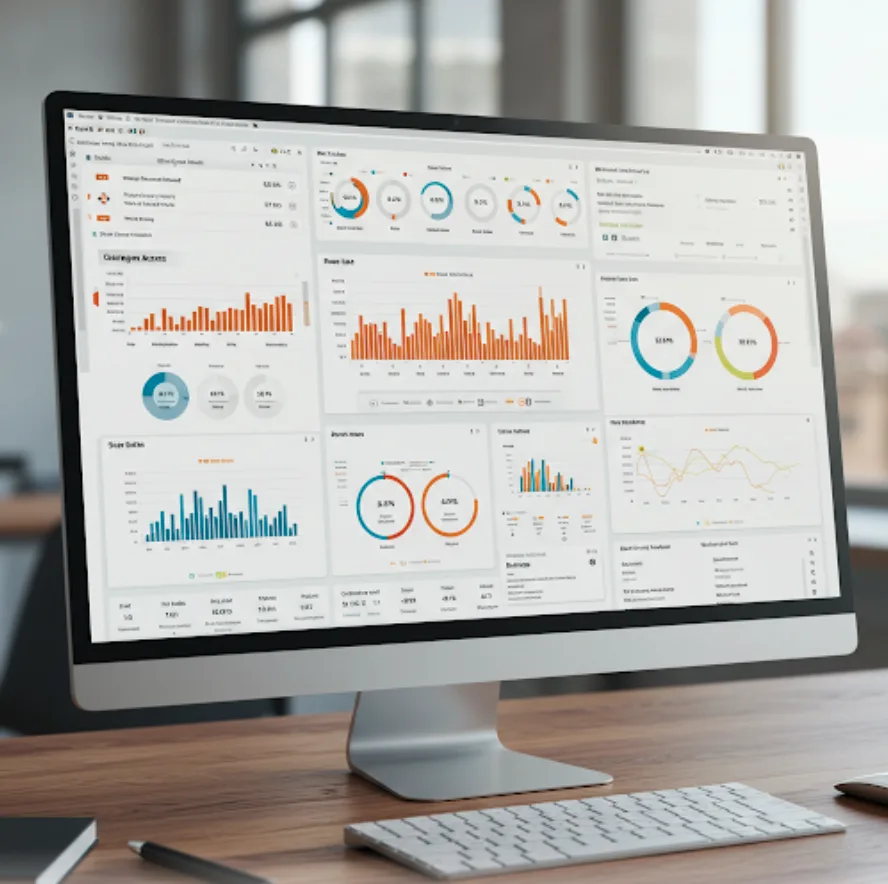In today’s fast-paced business environment, automated reporting tools are invaluable for saving time, improving accuracy, and making data-driven decisions. However, choosing the right reporting partner can be challenging, given the variety of options available. To ensure you make an informed decision, here are eight key factors to consider when selecting an automated reporting solution.
8 Key Considerations When Selecting an Automated Reporting Partner
- Business Needs and Objectives: Ensure the tool aligns with your specific reporting goals (e.g., tracking KPIs, compliance, insights) and data types.
- Integration Capabilities: Verify the tool can seamlessly integrate with your existing systems (CRMs, ERPs, marketing platforms) to automate data flow.
- Customization and Flexibility: Choose a solution that allows you to tailor reports, layouts, and frequency to meet your organization’s unique requirements.
- Ease of Use: Look for an intuitive interface that simplifies report creation, even for non-technical users, to ensure broad adoption.
- Data Accuracy and Security: Ensure the tool maintains high data integrity and follows strict security protocols (encryption, user access control) to protect sensitive data.
- Scalability: Select a solution that can grow with your business, handling increasing data volumes, users, and more complex reporting needs over time.
- Support and Customer Service:Prioritize vendors with responsive, accessible customer support and robust resources like knowledge bases or community forums.
Cost and ROI: Balance pricing with features, and evaluate the long-term ROI from improved efficiency and data-driven insights.
Conclusion
Choosing the right automated reporting partner is a critical decision that can have a lasting impact on your business’s efficiency, decision-making, and growth. By considering factors like integration, customization, scalability, and support, you can select a solution that meets both your current and future needs. With the right partner, you’ll not only streamline your reporting processes but also unlock deeper insights to drive better business outcomes.


